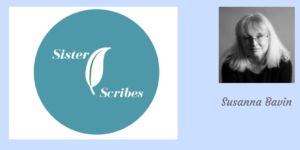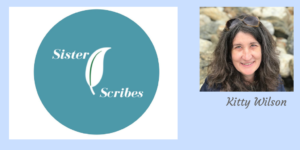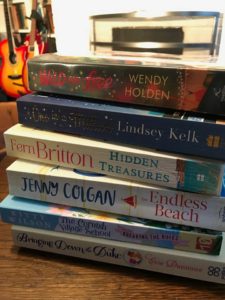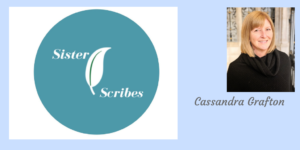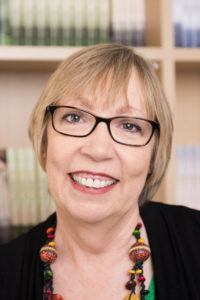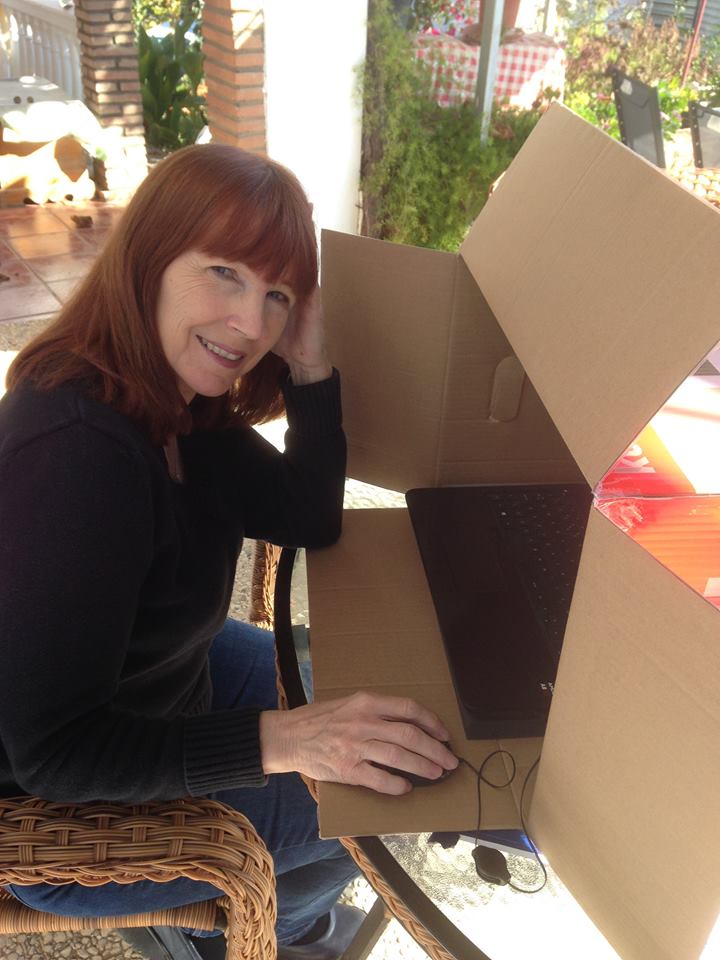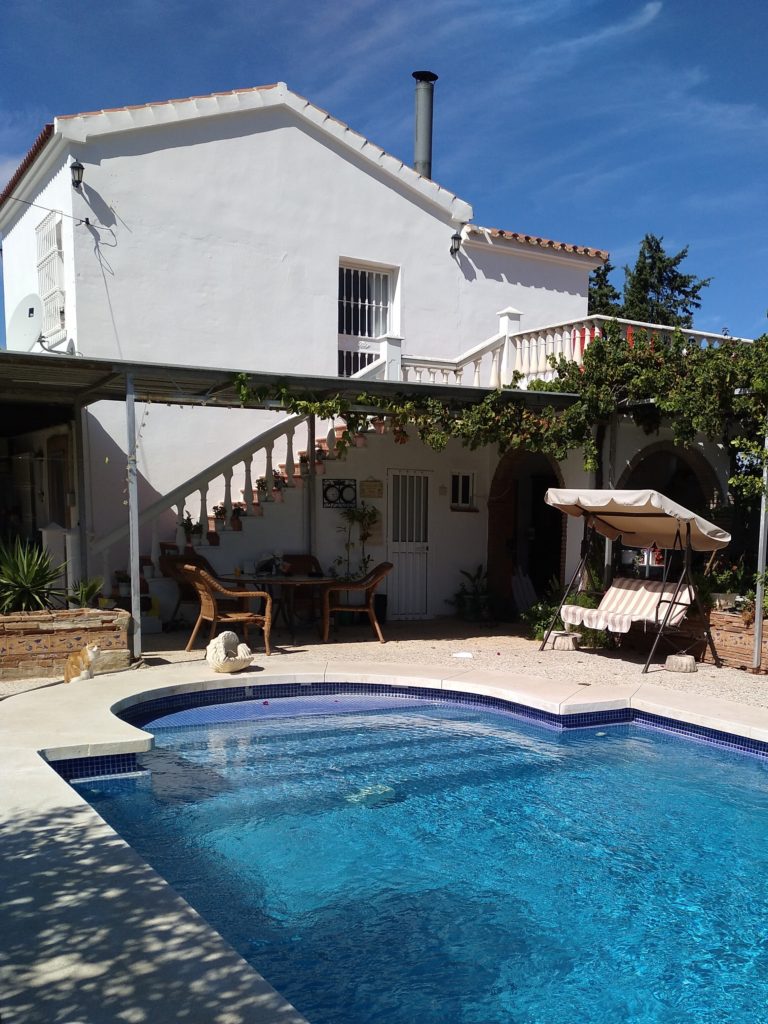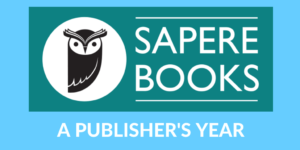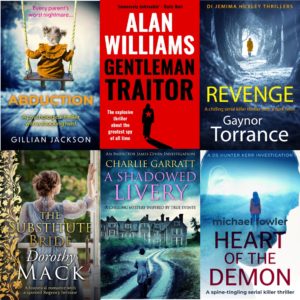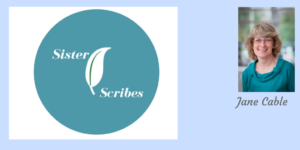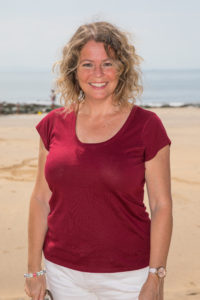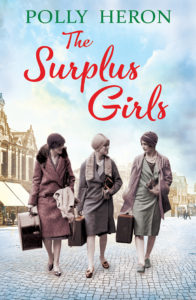Certain types of books have a way of touching readers on a very personal level. For example, starting-again stories are deservedly popular. Who hasn’t at some point said to themselves, “If I could go back and do it all again…” or words to that effect? Call it a natural thought process based on experience or disappointment; call it pure fantasy. The point is that wondering “What if…?” it is part of the human condition and starting-again novels speak to us in a direct way that we can all relate to. One such book is the wonderfully funny and fulfilling The Summer of Second Chances by Maddie Please. Written with a light touch and plenty of chuckles along the way, this is a witty romp that deals with serious themes that add depth to the story.
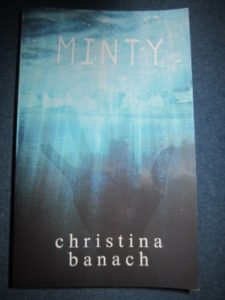 Another type of book that touches readers in a similar way if the life-affirming story, the sort of book that touches on the strength of the human heart, and encompasses the resilience of the individual and a basic belief in goodness and hope.
Another type of book that touches readers in a similar way if the life-affirming story, the sort of book that touches on the strength of the human heart, and encompasses the resilience of the individual and a basic belief in goodness and hope.
Take Minty by Christina Banach. This is a YA book, but, as an adult reader, I was completely drawn into it. It deals with the difficult subject of death and bereavement and is beautifully observed and deeply moving. As well as tragedy and grief, there is also humour and wit and both the characterisation and the depiction of relationships are both spot-on. The book’s ending is an extraordinary piece of writing, being both heartbreaking and uplifting, and it will take your breath away. In spite of Minty’s central topic, we are very much in life-affirming territory, thanks to Christina Banach’s skill and empathy as a writer. (If this blog makes you buy the book, I’ll know when you are all reading the ending, because shares in Kleenex will go through the roof.)
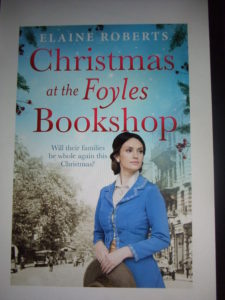 Recently I read Christmas at the Foyles Bookshop by Elaine Roberts. This is the last in a trilogy set in the early part of the 20th century, about three friends, Alice, Molly and Victoria, with each girl taking centre stage in one of the stories. Right from the beginning, the girl I most wanted to read about was Victoria, whose parents died tragically when she was just sixteen, at which point she had to assume responsibility for the younger children; but I had to wait until the final book to delve into her life and find out the answers to all those questions. Victoria has known her share of heartache and now she faces the challenge of a family mystery. Set against the backdrop of the First World War, Christmas at the Foyles Bookshop is an emotional story, filled with love and loss, friendship and family, mystery and duty, heartache and hope. Elaine Roberts has written a heart-warming and engrossing saga that rounds off the trilogy perfectly. It gradually builds up to a gloriously satisfying ending brimming with that special life-affirming quality that, put simply, makes the reader feel good about the world.
Recently I read Christmas at the Foyles Bookshop by Elaine Roberts. This is the last in a trilogy set in the early part of the 20th century, about three friends, Alice, Molly and Victoria, with each girl taking centre stage in one of the stories. Right from the beginning, the girl I most wanted to read about was Victoria, whose parents died tragically when she was just sixteen, at which point she had to assume responsibility for the younger children; but I had to wait until the final book to delve into her life and find out the answers to all those questions. Victoria has known her share of heartache and now she faces the challenge of a family mystery. Set against the backdrop of the First World War, Christmas at the Foyles Bookshop is an emotional story, filled with love and loss, friendship and family, mystery and duty, heartache and hope. Elaine Roberts has written a heart-warming and engrossing saga that rounds off the trilogy perfectly. It gradually builds up to a gloriously satisfying ending brimming with that special life-affirming quality that, put simply, makes the reader feel good about the world.

